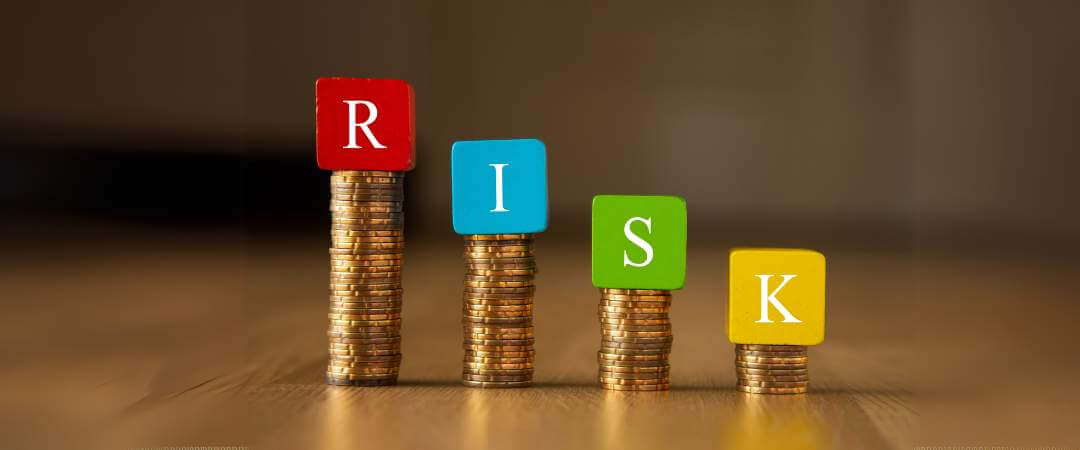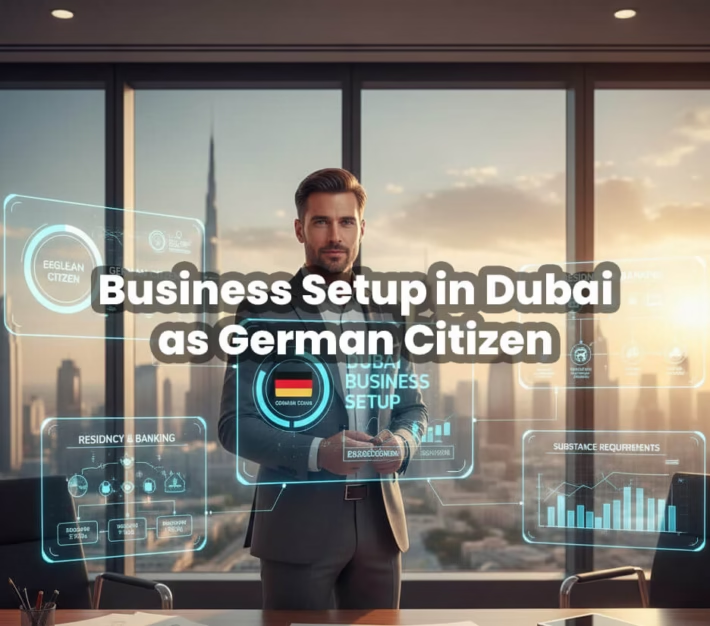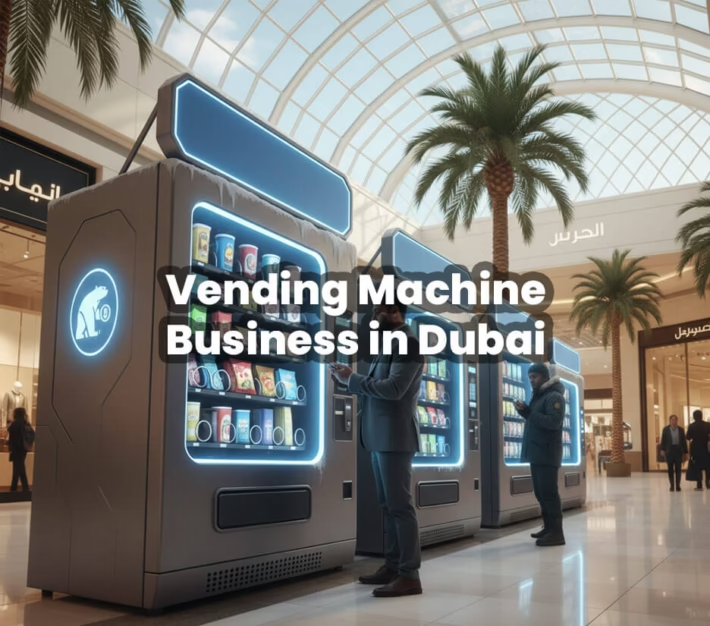Investment in Dubai: Key Industries to Invest in 2025

In this article, we’ll explore the key sectors presenting lucrative investment opportunities, offering valuable insights to help you navigate Dubai’s dynamic and adaptive economy.
Investment Opportunities in Dubai
In 2024, Dubai’s airport welcomed over 92 million travelers, surpassing previous records and solidifying its status as the world’s busiest international hub. This milestone is a testament to Dubai’s continuous growth, driven by visionary leadership and strategic investments that have transformed it from a modest trading port to a global powerhouse. Today, Dubai offers a wealth of opportunities across various thriving industries.
As an investor looking for your next big opportunity or an entrepreneur seeking to expand your portfolio, understanding Dubai’s economic strengths will empower you to make an informed decision.
Did You Know?
In the early 1990s, few could have predicted that Dubai, once reliant on pearl diving and a modest oil reserve, would evolve into one of the world’s leading business capitals. Thanks to the foresight of its leaders, Dubai has not only gained a world-renowned reputation but has also pivoted its economy, channeling investments into sectors promising long-term sustainability. Fast forward to today, and Dubai stands as a global powerhouse, home to the world’s tallest tower, the busiest international airport, and free zones that attract companies from every corner of the globe.
Ready to discover the best sectors for investment in Dubai?
Keep reading.
Table of Contents
Choosing the Right Industry for Investment in Dubai

Investing in Dubai is an exciting opportunity, but the real challenge is choosing the right industry. Whether you’re an experienced investor or a first-time entrepreneur, a strategic approach is key. Here’s how to narrow down your options:
1. Understand Your Investment Goals
Diligence is essential when investing. Before diving into any investment, it’s crucial to define your objectives. Are you looking for short-term gains, long-term stability, or a mix of both? Understanding what you want to achieve helps narrow down industries that align with your vision.
- For first-time investors, entrepreneurs, and business owners, investing in low entry points such as franchises or service-based businesses will greatly reduce the risk factor often associated with new ventures. This approach allows for a proven business model, steady demand, and lower initial investment, giving you the stability needed to establish a strong foundation in the market.
- As a seasoned investor focusing on high-growth industries like tech, renewable energy, and AI, get you ahead of market shifts. These sectors offer immense potential for high returns. With experience in capitalizing on emerging trends, you can make smarter moves and navigate risks with precision.
2. Analyze Market Trends with a Future-Oriented Approach
Successful investing isn’t just about looking at current profitability. For entrepreneurs seeking lucrative opportunities, assessing where the market will be in five to ten years is crucial. Dubai’s government frequently announces new initiatives, such as the Dubai 2040 Urban Master Plan, which gives insight into future growth areas. Real estate investment in tourist-heavy areas is great today, but smart city developments may be even more lucrative in the future.
Consider the Level of Industry Competition

A booming industry doesn’t always mean it’s easy to enter. Some markets, like luxury retail and hospitality, have high barriers to entry, requiring a significant capital investment.
New investors looking for niche opportunities within large sectors, such as opening another high-end restaurant, should consider instead a health-focused meal service or cloud kitchen. This will help tap into emerging consumer trends, reduce overhead costs, and position yourself ahead of saturated markets. Seasoned investors often prefer established industries, where markets like real estate or fintech offer strong returns. However, success in these sectors requires differentiation through innovation to stay ahead of the competition.
Assess Financial Commitments and Risk Appetite

Financial commitments and risk appetite assessments, especially as new investors enter unfamiliar markets, should consider scalable models with lower capital requirements, like e-commerce in Dubai. For seasoned investors, exploring high-reward, high-risk investments, such as tech startups or fintech, is more feasible, as they have the financial cushion to absorb potential setbacks, unlike their newer counterparts.
1. Real Estate & Construction
Dubai’s skyline is a testament to its booming real estate and construction sector. Despite global economic fluctuations, the property market in Dubai remains one of the most attractive for investors. The introduction of long-term residency visas and investor-friendly policies has fueled demand for both residential and commercial properties. Additionally, mega-projects like Expo City Dubai and the Dubai Creek Tower indicate a steady growth trajectory for the industry.
Key Investment Areas:
- Luxury real estate & high-end residential properties
- Commercial real estate for global businesses
- Smart city infrastructure & sustainable developments
- Tourism-focused projects like resorts and short-term rentals
Best Areas for Real Estate Investment
- Downtown Dubai: Home to the Burj Khalifa and Dubai Mall, this area remains a premium location for real estate.
- Dubai Marina: Popular among expatriates and tourists, making it ideal for high rental returns.
- Jumeirah Village Circle (JVC): Offers affordable investment options with strong appreciation potential.
- Palm Jumeirah: A luxury destination with high-end properties attracting high-net-worth individuals.
- Dubai Creek Harbour: A new hotspot with modern waterfront developments offering competitive pricing and high ROI.
Types of Property Investment
- Residential Properties: Apartments, villas, and townhouses for long-term rental or resale.
- Commercial Properties: Office spaces, retail outlets, and warehouses in high-demand areas.
- Holiday Homes & Short-Term Rentals: Serviced apartments catering to Dubai’s booming tourism sector.
Market Trends:
- Rising demand for sustainable and eco-friendly properties
- Digital transformation in property transactions
- Government incentives for foreign investors
Why Invest in Dubai’s Real Estate?
- High Rental Yields: Dubai offers some of the highest rental yields in the world, averaging 5-8%, compared to 2-4% in cities like London and New York.
- Tax-Free Investment: No property taxes or capital gains taxes make Dubai an attractive location for investors.
- Long-Term Residency Incentives: The Golden Visa allows investors to obtain long-term residency if they meet the property ownership requirements.
- Booming Tourism & Short-Term Rentals: The rise of Airbnb and other short-term rental platforms provides opportunities for lucrative returns on investment properties.
2. Tourism & Hospitality
Dubai welcomed over 92 million travelers in 2024, setting a new record and reinforcing its position as a global tourism hub. The emirate’s ability to attract visitors through cultural attractions, luxury shopping, adventure tourism, and world-class events makes tourism one of its most lucrative sectors.
Best Areas for Tourism & Hospitality Investment
- Luxury Hotels & Resorts: The high demand for premium accommodations continues to fuel new developments.
- Theme Parks & Entertainment Venues: Family-friendly attractions like Dubai Parks and Resorts create strong investment potential.
- Medical & Wellness Tourism: Dubai is positioning itself as a leading destination for medical treatments and wellness retreats.
- Desert & Adventure Tourism: Growth in eco-tourism and adventure experiences such as dune bashing and skydiving presents niche opportunities.
- Culinary & Fine Dining Ventures: The rise of Dubai as a global food capital has increased demand for unique dining experiences.
Market Trends:
- Sustainable & Eco-Friendly Tourism: Growing investment in green hotels, sustainable travel experiences, and eco-lodges.
- Smart Tourism & AI Integration: The use of AI-driven concierge services, virtual travel experiences, and contactless check-ins is expanding.
- Increase in Business & MICE Tourism: Dubai’s rise as a hub for conferences and business events is fueling investment in business hotels and event spaces.
- Rise of Extended Stay & Serviced Apartments: Demand for long-term stays due to Dubai’s digital nomad and Golden Visa programs is increasing.
3. Financial Services & Fintech
Dubai is fast becoming a global fintech hub, thanks to regulatory advancements and government-backed initiatives. The Dubai International Financial Centre (DIFC) has played a crucial role in attracting global financial firms, while the Dubai FinTech Hive fosters innovation in digital banking, blockchain, and payment solutions.
Why Invest in Financial Services & Fintech in Dubai?
- Thriving Financial Hub: Dubai International Financial Centre (DIFC) is home to over 4,000 financial institutions, fostering a robust investment climate.
- Government-Backed Fintech Growth: The Dubai FinTech Hive accelerates financial technology startups, providing regulatory support and funding.
- Expanding Digital Banking Sector: Banks in the UAE are leading the charge in mobile banking, AI-powered financial services, and blockchain technology.
- Islamic Finance Leadership: Dubai is one of the largest Islamic banking hubs globally, making it an attractive destination for Sharia-compliant investments.
Best Areas for Financial & Fintech Investment
- Digital Payment Solutions: The UAE’s move towards a cashless economy opens up significant opportunities for e-wallets, mobile payments, and digital banking.
- Cryptocurrency & Blockchain Innovations: With Dubai launching the Virtual Assets Regulatory Authority (VARA), cryptocurrency-related investments are gaining traction.
- Insurtech & Wealth Management: Technology-driven insurance models and AI-powered wealth advisory services are emerging as lucrative investment areas.
- Islamic Finance & Ethical Banking: Investments in Islamic fintech solutions, including Halal investment platforms and digital Sukuk issuance, are expanding.
Market Trends:
- AI & Machine Learning in Finance: Fintech firms are leveraging AI to enhance fraud detection, credit scoring, and customer engagement.
- Rise of Open Banking: Dubai is embracing open banking models that allow seamless financial integrations between banks and fintech companies.
- Cryptocurrency Regulation & Institutional Adoption: Dubai’s progressive stance on blockchain and digital assets is attracting global crypto investors and businesses.
- Growth of Embedded Finance: Non-financial companies are integrating financial services into their offerings, increasing accessibility to banking solutions.
4. Technology & Artificial Intelligence
Dubai’s ambition to become the world’s smartest city has led to massive investments in technology and AI-driven solutions. The UAE Strategy for Artificial Intelligence 2031 aims to integrate AI across various sectors, creating new investment opportunities in automation, cybersecurity, and smart city applications.
Key Investment Areas:
- AI-driven business solutions
- Cybersecurity & data protection
- IoT & smart city innovations
- E-commerce & digital platforms
Market Trends:
- Increased government support for AI startups
- Integration of AI in healthcare, transport, and retail
- Growth of the metaverse and digital assets
5. Logistics & Trade
Dubai’s strategic location between Europe, Asia, and Africa makes it a crucial hub for logistics and trade. The Jebel Ali Port, one of the busiest in the world, and Dubai South, the region’s biggest logistics hub, provide seamless global connectivity.
Key Investment Areas:
- E-commerce logistics & last-mile delivery
- Smart warehousing & automation
- Free zone business setups for global trade
- Sustainable and green logistics
Market Trends:
- AI-powered supply chain optimization
- Expansion of regional and international trade agreements
- Increasing demand for temperature-controlled logistics (pharma & food sectors)
6. Renewable Energy & Sustainability
Dubai is aggressively shifting towards sustainability, with a vision to generate 75% of its energy from clean sources by 2050. The Dubai Clean Energy Strategy and the Mohammed bin Rashid Al Maktoum Solar Park are driving investments in green energy.
Key Investment Areas:
- Solar & wind energy projects
- Energy-efficient technologies
- Water conservation & desalination innovations
- Carbon capture & green hydrogen
Market Trends:
- Increased government incentives for green energy investments
- Rising demand for sustainable business practices
- Innovation in energy storage and smart grids
Conclusion
Dubai’s rapid economic transformation has been fueled by visionary leadership and investor-friendly policies. Whether it’s real estate, fintech, tourism, or renewable energy, opportunities are abundant for those looking to enter the market. However investing in Dubai requires the right strategy, understanding of market dynamics, and compliance with local regulations.
Setting Up a Business in Dubai
Looking to set up a business in Dubai? Let EZONE guide you through the process with expert insights and tailored solutions. Contact us today to explore how you can maximize your investment potential in one of the world’s most dynamic economies.
EZONE specialize in creating content that highlights business setup and consultancy services. We provide expert insights on company formation, licensing, and the latest industry developments. Through this blog, we aim to equip entrepreneurs and businesses with the knowledge they need to navigate opportunities and challenges in today's market.



